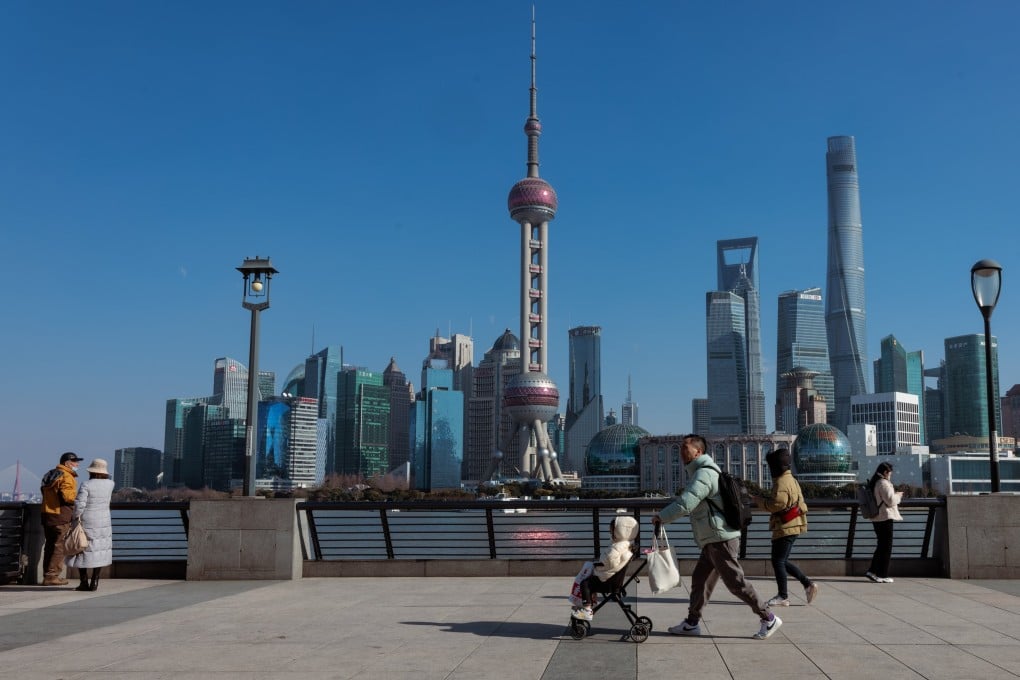Shanghai’s premium office and retail vacancy rates suggest ‘healthy’ growth, even if overall vacancies continue to rise
- Supply is outdoing demand in the Shanghai market right now, JLL executive says
- In Pudong’s central business district, the vacancy rate increased by just 0.8 percentage points to 11.5 per cent in the third quarter, while the vacancy rate of retail space in Shanghai’s prime market fell 1.7 percentage points to 11.7 per cent

The overall vacancy rate hit 21.6 per cent at the end of last month, an increase of 1.2 percentage points from June, property services firm JLL said on Thursday. Rents, meanwhile, dropped 1.4 per cent to 7.2 yuan (99 US cents) per square metre per day.
A total of 341,000 square metres of new premium office space hit the market in the third quarter of 2023, increasing pressure on landlords to either retain existing tenants or attract new clients to bring the vacancy rate down.
“Supply is outdoing demand in the [Shanghai] market now,” said Stanley Jiang, head of project leasing at JLL Shanghai’s office leasing advisory division. “The weak office market gives companies opportunities to adjust their office rental strategies to save costs.”
The increase in office vacancy rates and decline in rents follows a 9.7 per cent expansion in Shanghai’s gross domestic product in the first half of this year. The first-half performance, however, seems lofty only because of a low base last year, when economic output in Shanghai suffered a huge setback thanks to a two-month citywide Covid-19 lockdown in April and May, which contracted its economy by 13.7 per cent in the second quarter.